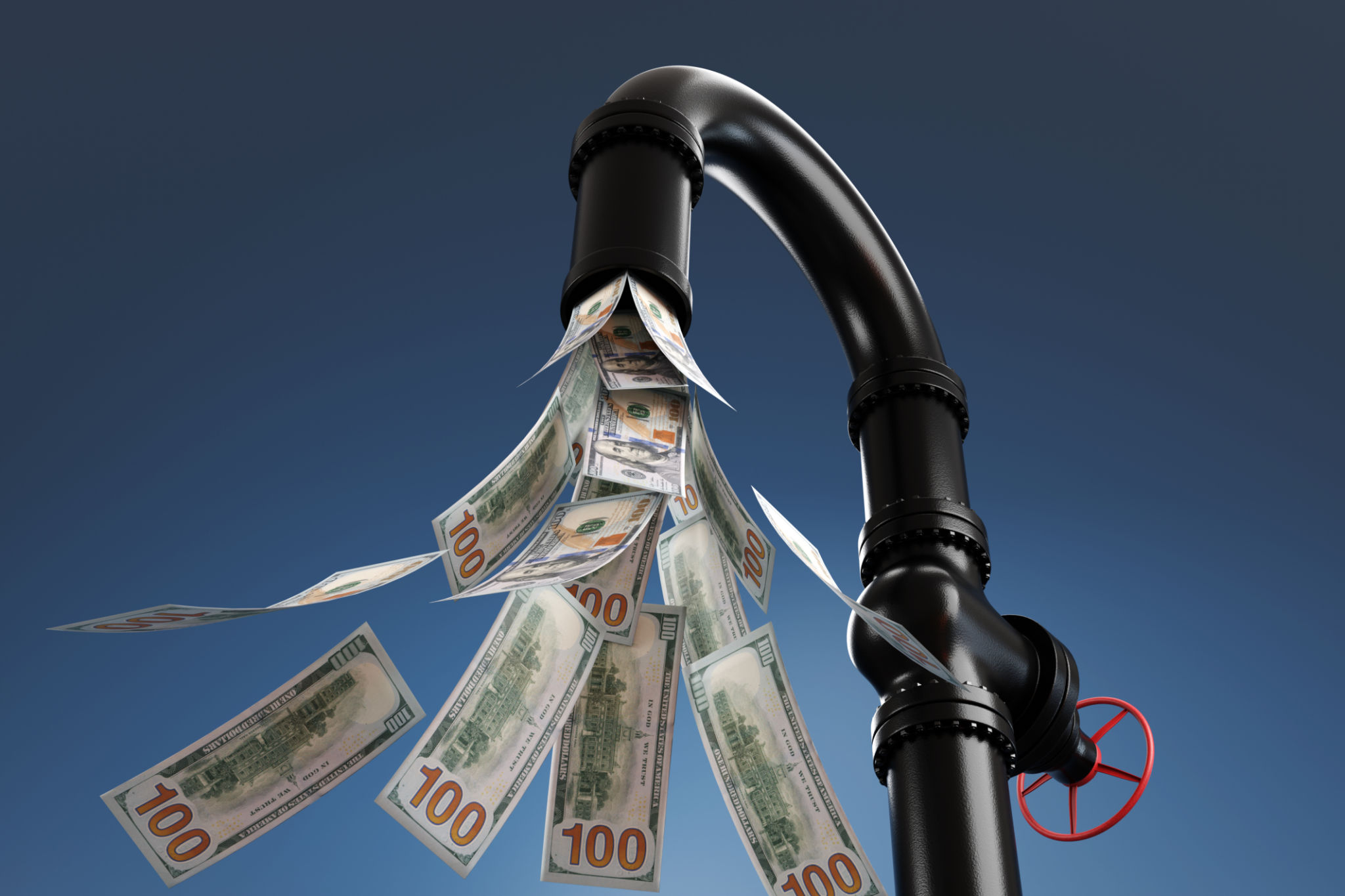Maximize Your Income: Top Strategies for Effective Budgeting
Understanding the Basics of Budgeting
Effective budgeting is the cornerstone of maximizing your income. It enables you to allocate your resources wisely and achieve financial stability. A well-planned budget not only helps in tracking expenses but also ensures that you're saving enough for future goals. It's essential to start with a clear understanding of your current financial situation, including income, expenses, and debts.
Begin by listing all sources of income and categorize your expenses into essential and non-essential categories. This will provide a clear picture of where your money is going and where you can cut back. Developing a realistic budget requires honesty and a commitment to making necessary adjustments.

Setting Financial Goals
Once you have a handle on your financial situation, it's time to set specific financial goals. These can be short-term, medium-term, or long-term objectives like saving for a vacation, buying a home, or retiring early. Each goal should be SMART — Specific, Measurable, Achievable, Relevant, and Time-bound.
Setting clear goals provides motivation and a roadmap for your budgeting efforts. Break down larger goals into smaller, manageable tasks that can be achieved over time. This approach keeps you focused and makes the process less overwhelming.
Prioritizing Your Goals
After defining your goals, prioritize them based on urgency and importance. Focus on paying off high-interest debts first, as they can significantly impact your financial health. Once debts are under control, direct your efforts toward savings and investment opportunities that align with your long-term objectives.

Tracking Your Spending
Tracking your spending is a critical component of effective budgeting. It involves monitoring every expense to ensure you are staying within your budget limits. Use tools like budgeting apps or spreadsheets to record transactions and review them regularly. This practice helps identify spending patterns and areas where you can cut back.
Consider setting daily or weekly spending limits for discretionary expenses like dining out or entertainment. This restraint helps prevent overspending and ensures that funds are available for essential expenses and savings.
Adjusting Your Budget
Your budget should be flexible enough to accommodate changes in your financial circumstances. Regularly review and adjust it as needed to reflect income fluctuations, unexpected expenses, or changing goals. Being adaptable is key to maintaining financial equilibrium and maximizing income efficiently.

Maximizing Savings
One of the most effective strategies for maximizing income is to increase savings. Consider implementing the 50/30/20 rule, where 50% of your income goes toward necessities, 30% toward discretionary spending, and 20% toward savings and debt repayment. This method provides a balanced approach to handling finances.
Automating savings is another powerful tactic. Set up automatic transfers to your savings account on payday to ensure you save before spending. This not only builds discipline but also grows your savings effortlessly over time.
Exploring Additional Income Streams
To further maximize income, explore additional revenue streams such as freelancing, part-time work, or investing in assets that generate passive income. Diversifying income sources increases financial security and accelerates the achievement of financial goals.

